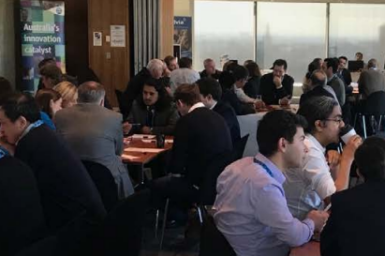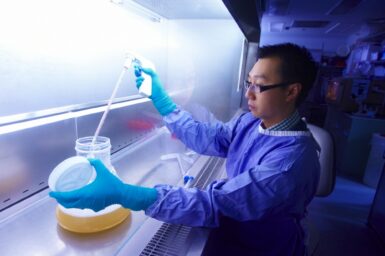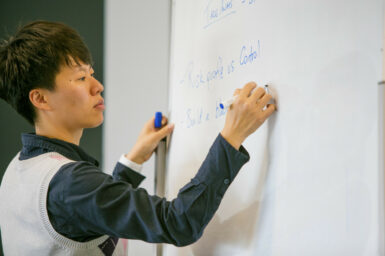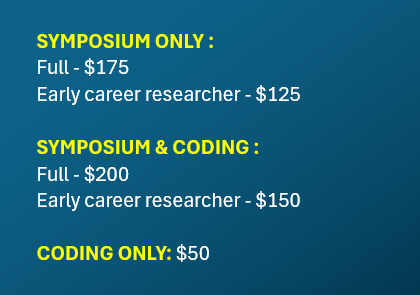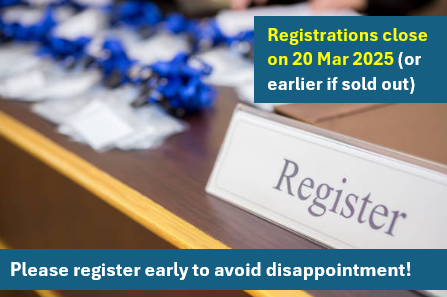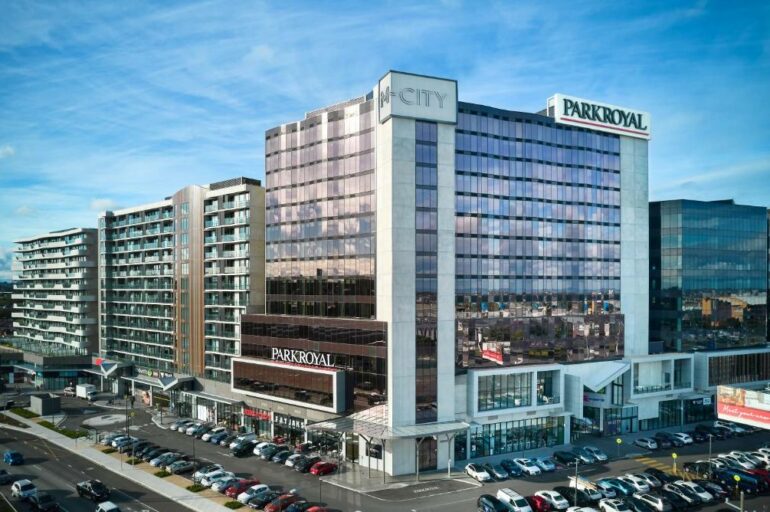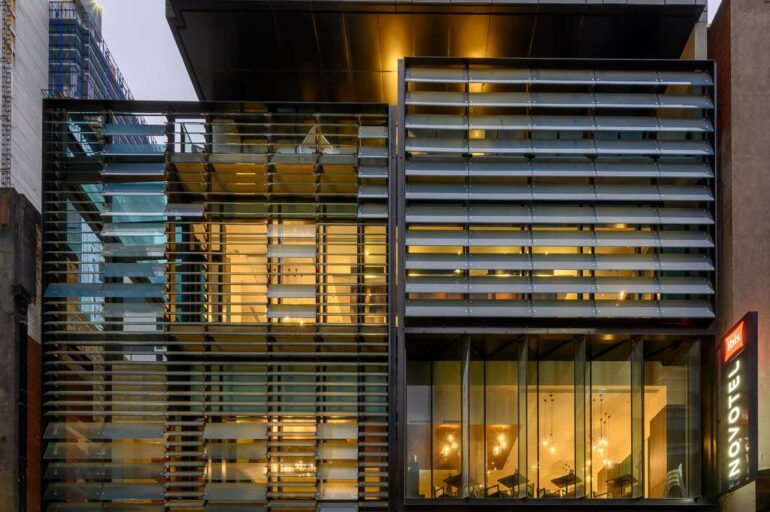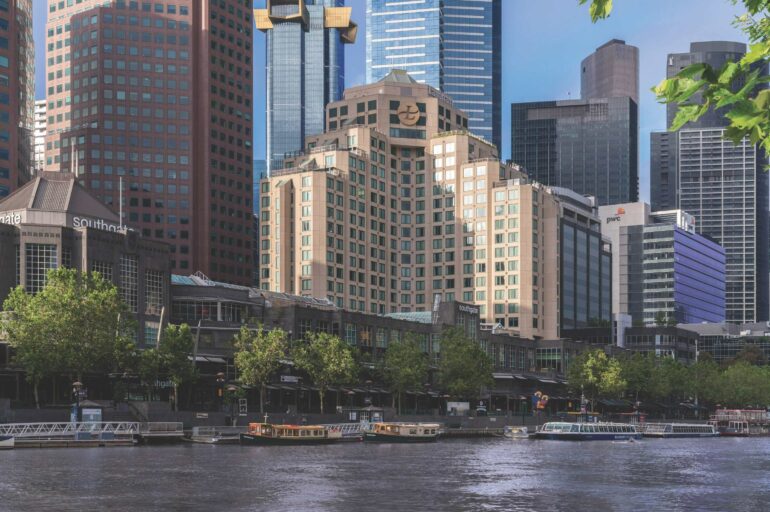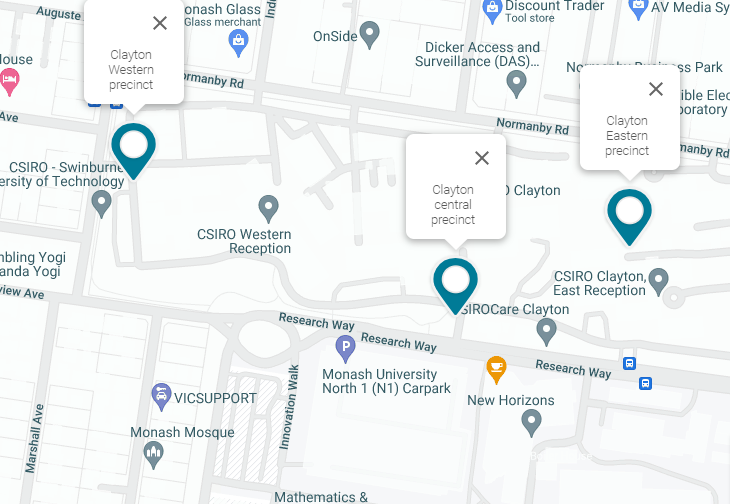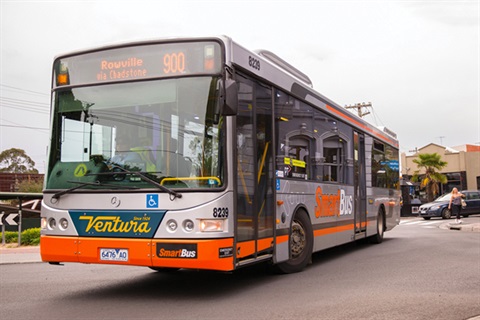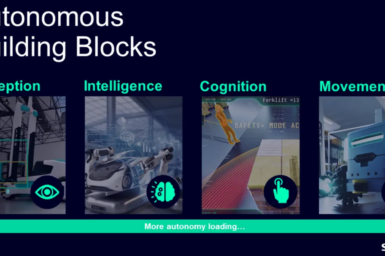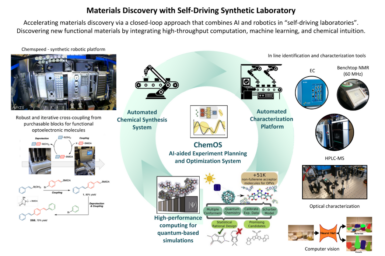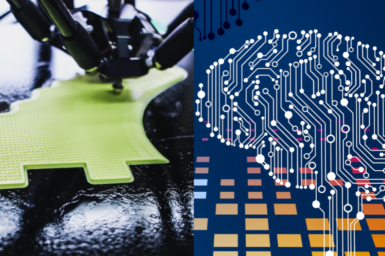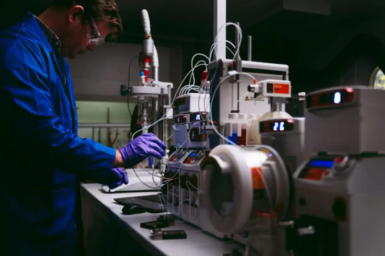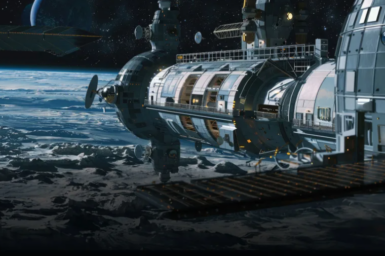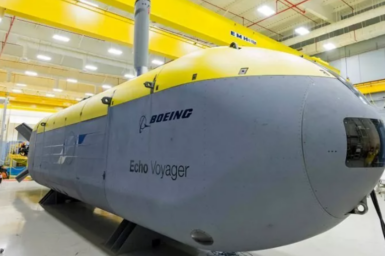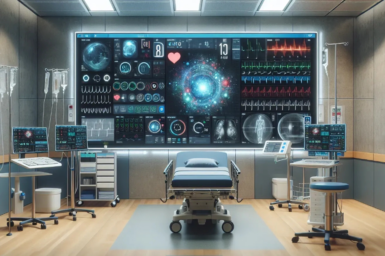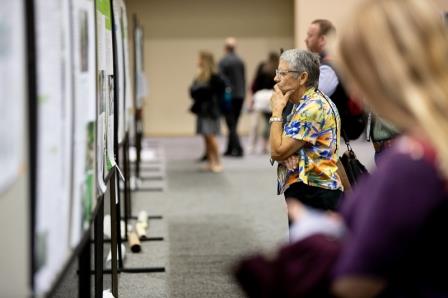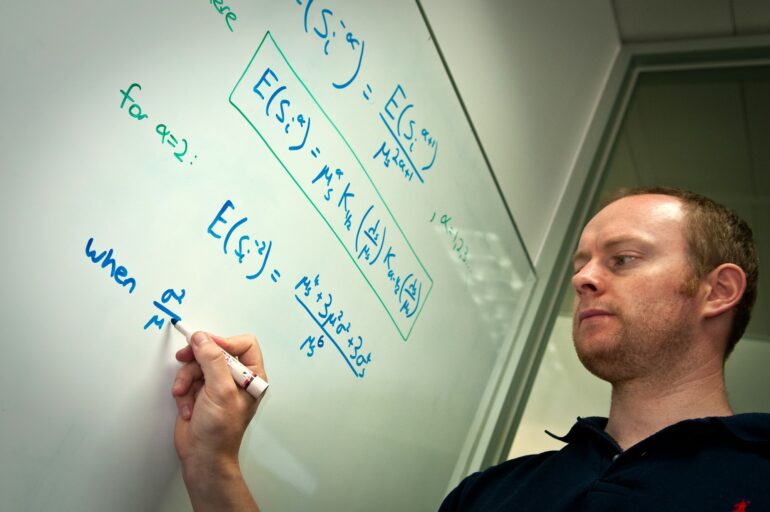VENUE: CSIRO Clayton Central Precinct, 1 Research Way, Clayton VIC 3169, AUSTRALIA
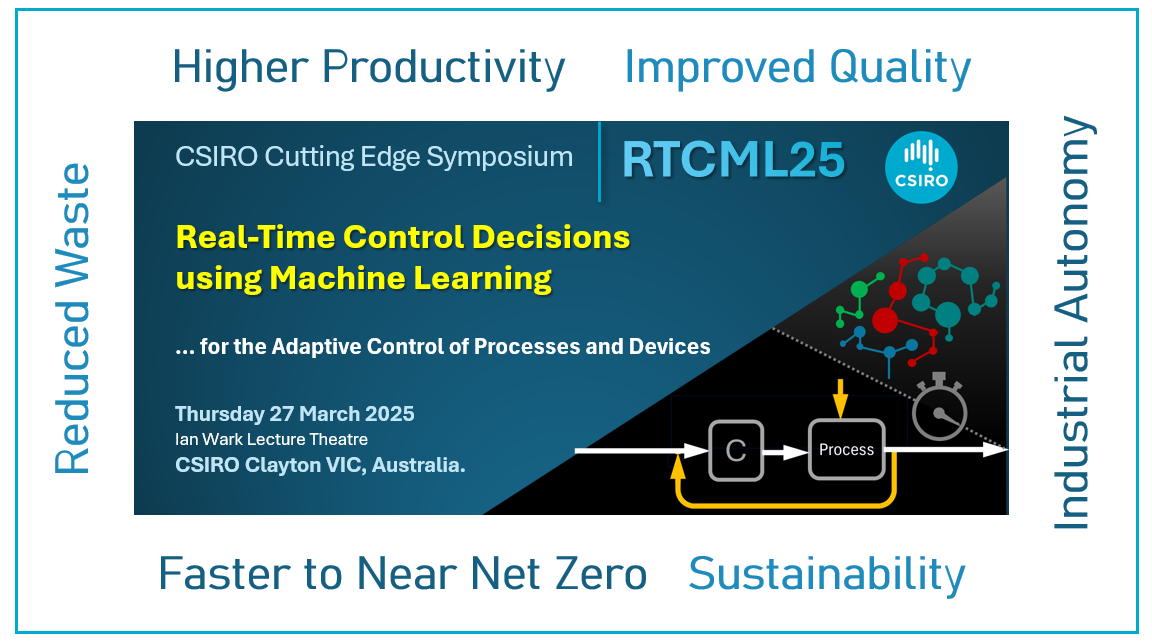
27 March – Symposium & 28 March – Hands-On Coding + Free Lab Tours
AI for Autonomous Decision-Making
Join us to find out how AI decision-making can enhance your solutions
What advantages could we, as scientists and engineers, gain by transforming our processes and devices to autonomously adapt to changing environments, similar to how self-driving vehicles continuously adjust to their evolving surroundings?
We will discuss this topic by bringing together Australian and international researchers and engineers from industry who are keen to explore the application of machine learning (ML) to enable autonomous, real-time decision-making across various domains.
Such sophisticated decision-making can increase productivity, improve quality, help us reach net zero emission targets faster, reduce waste, encourage the more sustainable use of precious resources, help make timely patient-specific decisions, enable autonomous solutions in national emergencies (e.g., self-flying drones in bushfires) or space facilities (e.g., crewless assembly), etc.
Advanced decision-making must consider real-world environments that are hard to predict, known technically as ‘unstructured.’ These cannot be modelled by using only traditional techniques, as these contain several limiting assumptions about the surroundings. Some traditional models (e.g., physics-based) also take too long to solve, ruling themselves out of deployment in adaptive control situations.
So, to provide the necessary cognitive abilities required to execute intelligent decision-making in controls, we use ML techniques which can support the crunching of large amounts of data in a relatively short timeframe to obtain the status of the environment (perception). This would enable context-sensitive decisions to be made (reasoning), again by leveraging the power of ML. While we may readily think of autonomous cars as prime examples, the problem is more prevalent and is applicable across several domains – please look under ‘Domain Examples’.
Several world experts have been invited to provide keynote lectures that will discuss how various domains can benefit from advanced control. Discussions will centre on how machine learning and quantum machine learning may be leveraged to achieve real-time control, and provide domain perspectives from additive manufacturing, flow chemistry, energy, robotics, and space/aerospace. The delegates will also develop an R&D roadmap to advance this area of research. Everyone, and particularly early career researchers (< 3 years’ work experience) are strongly encouraged to submit posters that showcase their thinking/research on the topic – more details may be found under ‘Poster Competition (for Early Career Researchers)’.
The Symposium takes place in late March when Melbourne comes alive with the stunning colours of the Southern Hemisphere autumn. If you are travelling from interstate or overseas, you can also attend the Avalon Australian International Air Show 2025 during your visit. Do not miss this exciting event that provides a rare opportunity to network with global and national experts working in a fast-moving field.
Discounts and Prizes
We thank our Partners whose involvement has enabled us to provide discounted registration to everyone. Prizes in the Early Career Researcher Poster Competition are proudly supported by our partner journal Machine Learning: Engineering (IOP Publishing).
Our Platinum Partner
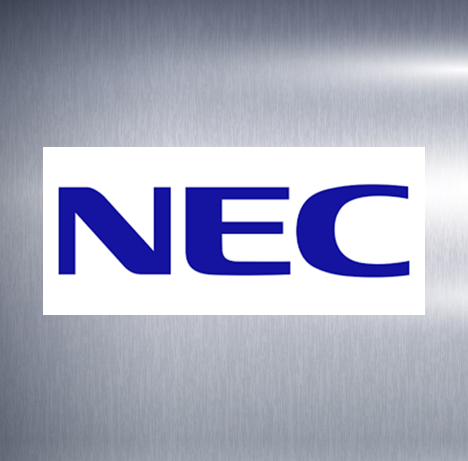
Our Gold Partners

Our Partners


